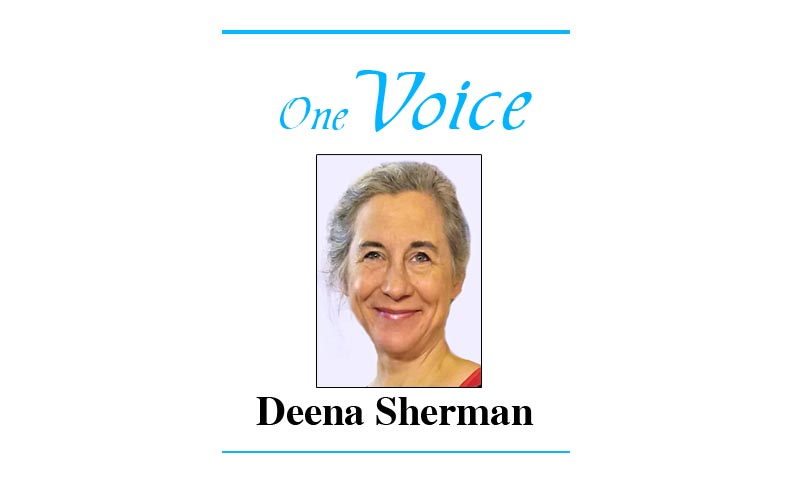
There was a time, not so long ago, when individuals of intelligence and conscience could debate issues without descending into personal attacks. We actually could be friends with those who held different opinions without de-friending them, or making every conversation a fight. One of the many gifts of the late Ruth Bader Ginsburg was such an inspiring example.
Antonin Scalia, president Ronald Reagan’s nominee for the Supreme Court, was confirmed in 1986 by a 98-0 vote. Ginsburg was confirmed in 1993, as president Bill Clinton’s nominee, by a 96-3 vote. Those numbers alone bring witness to a time when individuals on both sides of the aisle could compromise and show respect for qualified candidates proposed by the opposing party. The Senate did not delay a president’s nominee for nearly a year to give it to the subsequent president, or rush the next nominee through in a matter of weeks because it served partisan goals.
Justices Scalia and Ginsburg disagreed on most things, which is not surprising, because their understandings of the U.S. Constitution were fundamentally different. Ginsburg saw it as a living document, originally written for a “We the People” which in 1787 did not include slaves, women, men without property, or native Americans. In a 2019 lecture in Little Rock, Ark. She affirmed this view and stated that the inclusion of these once-disenfranchised groups, now makes us “a more perfect union.”
Scalia, on the other hand, told a crowd at Southern Methodist University in Dallas, Texas in 2013, likely with a hint of humor, “The Constitution is not a living document. It’s dead, dead, dead.”
Still both justices revered our U.S. Constitution and strived to interpret it to the best of their abilities. Even when they vehemently and publicly disagreed om issues throughout their years on the bench together, they maintained the ability to nurture a friendship, grounded in mutual respect. You’ve probably seen the famous picture of them riding an elephant together. Their close, cordial, relationship was a beacon of hope.
Although we are unlikely to return soon to a time when U.S. Supreme Court nominees are confirmed almost unanimously, we can strive to follow the example of Ginsburg and Scalia in rising above our political differences to remain friends with whom we hold opinions of disagreement.
If you need inspiration for this goal, the “comic opera” Derrick Wang wrote about Ginsburg and Scalia, will be broadcast November 7 on WFMT radio, 98.7-FM as part of its opera series. It is entitled “We Are Different, We Are One.” I highly recommend The New York Times bestseller, My Own Words, by Ruth Bader Ginsburg, to better understand this diminutive, legal, giant.
In Ginsburg’s preface to Wang’s opera, she drew attention to the final song, where she and Scalia sing together:
But one thing is constant–
The Constitution we revere
We are stewards of this trust
We uphold it as we must
For the work of our Court is just begun
And this is why we will see justice done:
We are different;
We are one.”
May we, as Americans, follow their example to live as one Nation, full of diversity, lively debate, and mutual respect.

